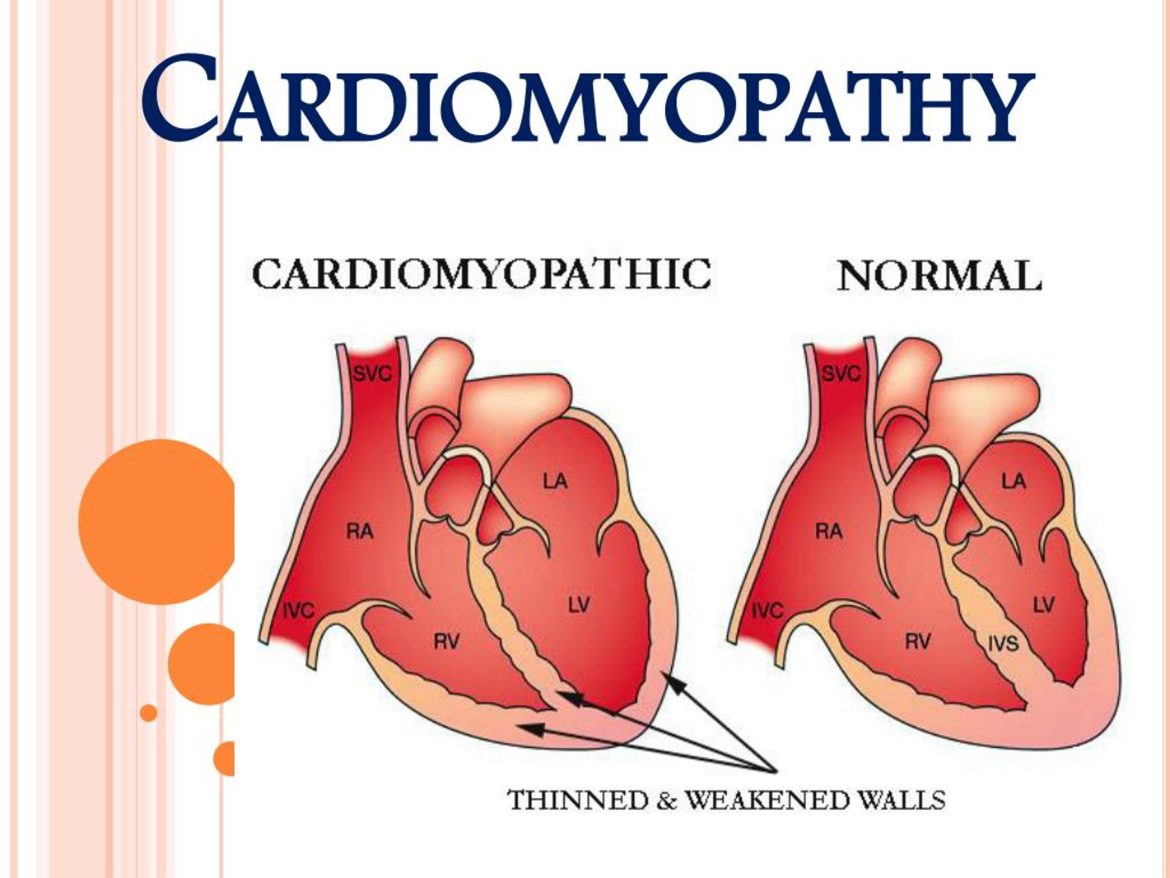To effectively address the search intent behind “what is the most common cause of myocarditis,” it’s crucial to provide informative, accurate, and comprehensive insights into the multifaceted etiology of myocarditis. and covering both viral and non-viral causes, this article aims to shed light on the primary culprits behind myocarditis and offer actionable guidance on prevention and management.
What are the most common causes of myocarditis?
Viral infections stand as the predominant cause of myocarditis, accounting for the majority of cases worldwide. Among the myriad of viral agents implicated in myocarditis, several notable culprits frequently surface:
Influenza Virus:
Seasonal influenza strains, particularly influenza A and B viruses, can instigate myocarditis, often during influenza outbreaks or pandemics.
Coxsackievirus:
Coxsackieviruses, belonging to the enterovirus genus, are notorious perpetrators of myocarditis, with Coxsackievirus B being the most prevalent subtype.
Adenovirus:
Adenoviral infections, commonly associated with respiratory and gastrointestinal illnesses, can also lead to myocarditis, especially in immunocompromised individuals or military recruits.
Other Causes of Myocarditis:
While viral infections steal the spotlight as the primary instigator of myocarditis, several other etiological factors warrant consideration:
Bacterial Infections:
Certain bacterial pathogens, such as Streptococcus pneumoniae, Staphylococcus aureus, and Corynebacterium diphtheriae, have been implicated in myocarditis, often in the setting of systemic bacteremia or endocarditis.
Fungal Infections:
Fungal agents like Candida and Aspergillus species can provoke myocarditis, particularly in individuals with compromised immune systems or invasive fungal infections.
Parasitic Infections:
Parasitic organisms such as Trypanosoma cruzi (causative agent of Chagas disease) and Toxoplasma gondii have been linked to myocarditis in endemic regions.
Autoimmune Diseases:
Autoimmune conditions like systemic lupus erythematosus (SLE), rheumatoid arthritis, and giant cell myocarditis can trigger autoimmune-mediated myocardial inflammation.
Adverse Drug Reactions:
Certain medications, including antibiotics (e.g., penicillin, sulfonamides), nonsteroidal anti-inflammatory drugs (NSAIDs), and chemotherapeutic agents, have been associated with drug-induced myocarditis.
What are the clinical symptoms of myocarditis?
The clinical manifestations of myocarditis vary, mainly depending on the extent and severity of the disease. A few may be completely asymptomatic, mild cases may show non-specific symptoms such as fever, cough, diarrhea, and severe cases may show severe arrhythmia, heart failure, heart disease, etc. induced shock or even death .Therefore, the possibility of diagnosing myocarditis solely based on clinical symptoms is low. According to the type of clinical manifestations, myocarditis is divided into mild, subclinical, insidiously progressive, acute dilated cardiomyopathy, atrioventricular block, myocardial infarction-like and sudden death types.
Prevention and Management:
Preventing myocarditis hinges on targeted interventions aimed at mitigating infectious and inflammatory triggers:
Vaccination: Vaccination against viral pathogens like influenza, adenovirus, and enteroviruses can significantly reduce the risk of viral myocarditis. Ensuring up-to-date immunization status is paramount, particularly for individuals at higher risk of complications.
Good Hygiene Practices: Practicing good hygiene, including regular handwashing, avoiding close contact with sick individuals, and maintaining a clean environment, can help minimize the spread of infectious agents implicated in myocarditis.
Prompt Medical Evaluation: Early recognition and diagnosis of myocarditis are crucial for initiating appropriate treatment and preventing complications. Individuals experiencing symptoms suggestive of myocarditis, such as chest pain, shortness of breath, palpitations, or unexplained fatigue, should seek prompt medical attention for evaluation and management.
conclusion
while viral infections, particularly influenza, coxsackievirus, and adenovirus, reign supreme as the primary cause of myocarditis, a diverse array of infectious and non-infectious etiological factors contribute to the complexity of this condition. By fostering awareness, promoting preventive measures, and advocating for timely medical intervention, we can collectively strive to mitigate the burden of myocarditis and safeguard cardiac health within our communities.
FAQs
Does myocarditis require hospitalization?
The severity of myocarditis varies, and not all cases require hospitalization. However, individuals with severe symptoms such as chest pain, difficulty breathing, or signs of heart failure may need hospital care for monitoring, supportive treatment, and potential interventions.
What causes myocardial ischemia?
Myocardial ischemia occurs when the blood flow to the heart muscle is reduced, typically due to coronary artery disease (atherosclerosis). Other causes include coronary artery spasm, blood clots, and conditions that increase oxygen demand or decrease supply to the heart.
Can I exercise with myocardial ischemia?
Exercise with myocardial ischemia should be approached cautiously and under the guidance of a healthcare provider. In some cases, structured exercise programs supervised by cardiac rehabilitation professionals can be beneficial. However, individuals with myocardial ischemia should avoid strenuous or high-intensity activities that could precipitate angina or worsen cardiac function.
What foods are good for myocardial ischemia?
A heart-healthy diet rich in fruits, vegetables, whole grains, lean proteins, and healthy fats is beneficial for individuals with myocardial ischemia. Foods high in fiber, omega-3 fatty acids, antioxidants, and potassium can help lower cholesterol, reduce inflammation, and support overall heart health. Examples include fish, nuts, seeds, olive oil, fruits, vegetables, whole grains, and legumes. Limiting sodium, saturated fats, trans fats, and refined sugars is also important for managing myocardial ischemia and reducing cardiovascular risk.

